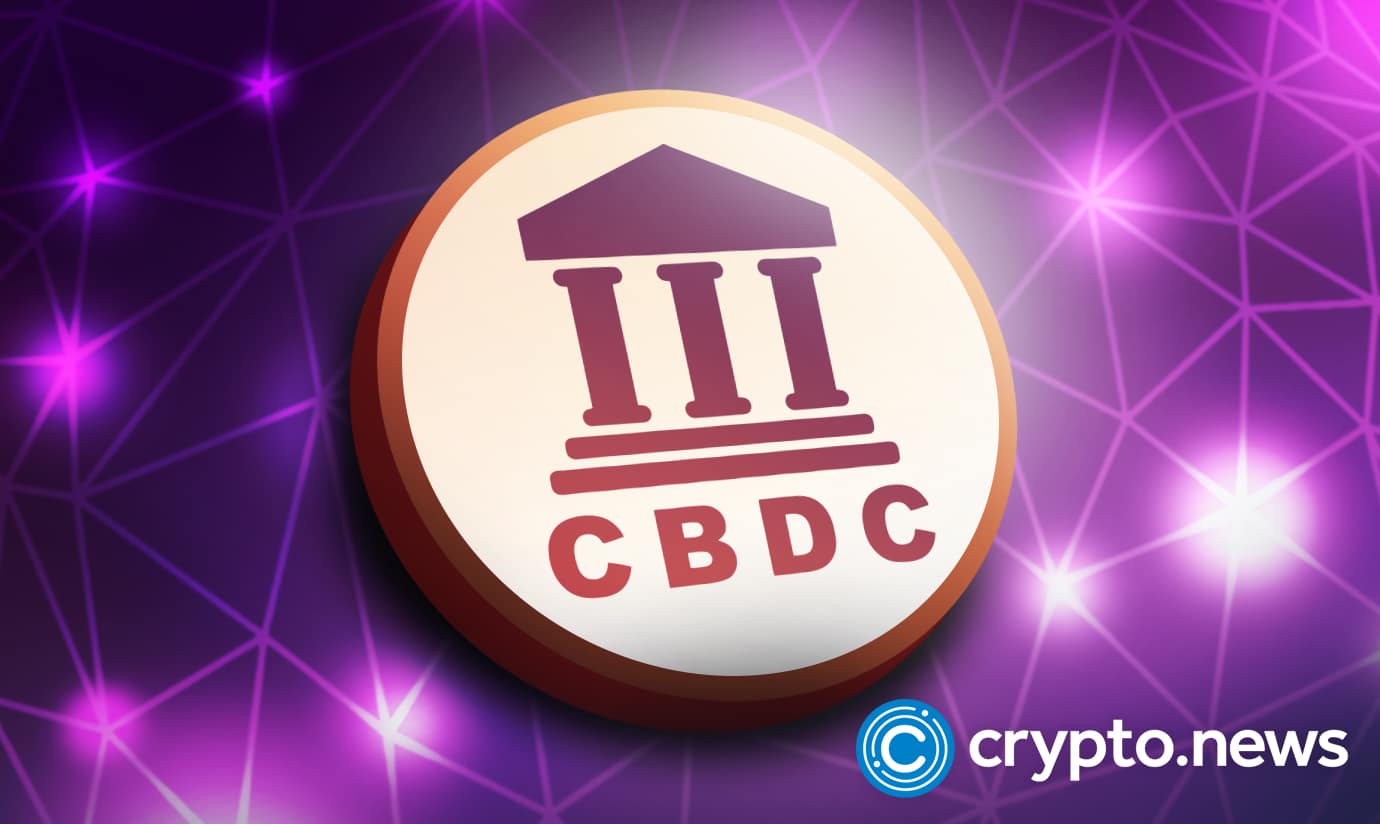MIT issues CBDC report after extensive research

A group of researchers under the Digital Currency Initiative (DCI) of the Massachusetts Institute of Technology (MIT) have come up with a detailed report on the inclusivity of the retail central bank digital currency (CBDC) design.
Comparing intermediated CBDCs and non-intermediated forms of payment
The study was carried out by MIT and Maiden labs for a period of 15 months in four low- and middle-income nations. The countries are Nigeria, India, Indonesia, and Mexico.
Researchers considered three aspects of CBDC based on the actual examples of people’s lives in the countries of study. These included existing financial infrastructure, CBDC design options, and user experience.
In addition, the study explicitly emphasized differences between intermediated and non-intermediated (cash) forms of payments. These differences arose by comparing five accordances (what a user can do with technology) in intermediate and non-intermediate systems.
Other comparison areas were the actual world application of the two systems and the challenges they posed for at-risk users.
Concerns facing the use of CBDC
Given that all the six CBDC pilots and projects running today use intermediated design models, the group arrived at several points of CBDC weaknesses.
One issue raised by the report is the replication of harms of existing forms of payments by digital currency.
The authors emphasized that there is a potential risk of intermediated CBDC making a replica design of the existing intermediated forms of payment. Therefore, being of the identical make-up, CBDC will inherit the problems of the current monetary systems.
This project also echoed the conclusions of the first DCI’s report from Project Hamilton.
This initial research concluded that governance and trust are key challenges regarding the use of Distributed Ledger Technology (DLT). The authors added that some performance-related issues would also contribute to the concerns facing the use of DLT rather than its ability to achieve particular features.
Even so, the authors noted that the main challenge facing the use of CBDCs is the lack of trust bred by the increasing lack of trust in the government.
















